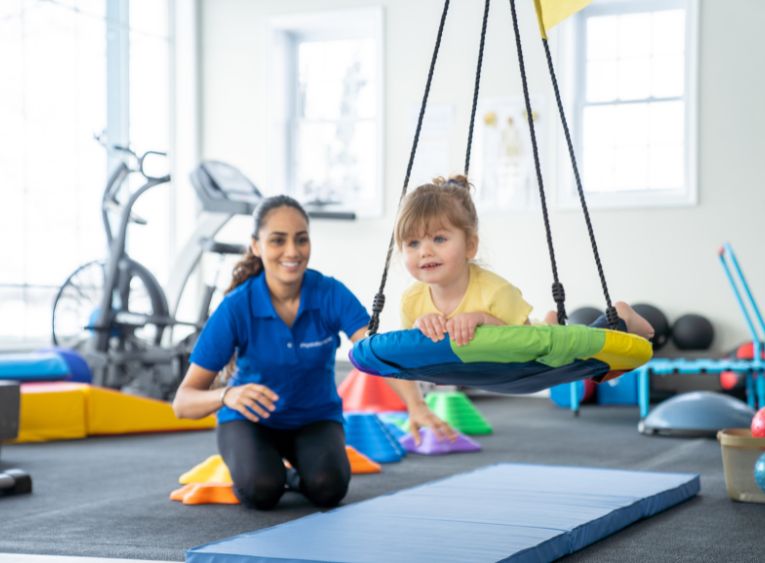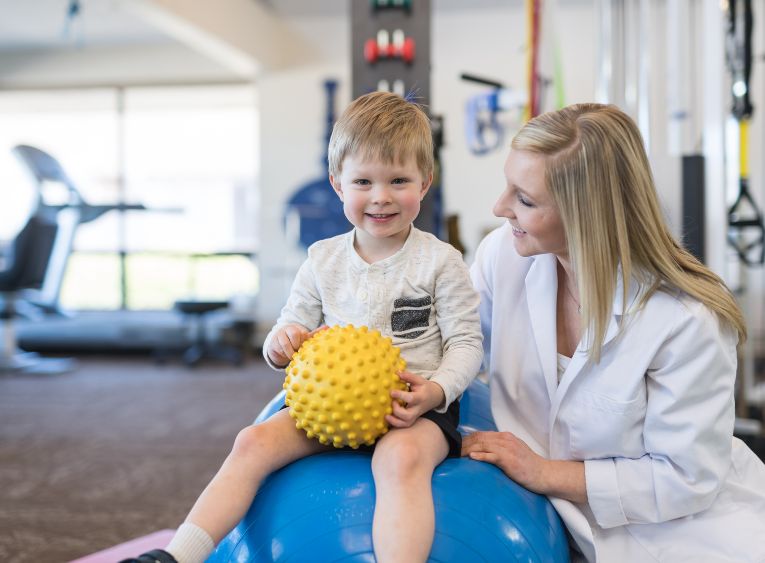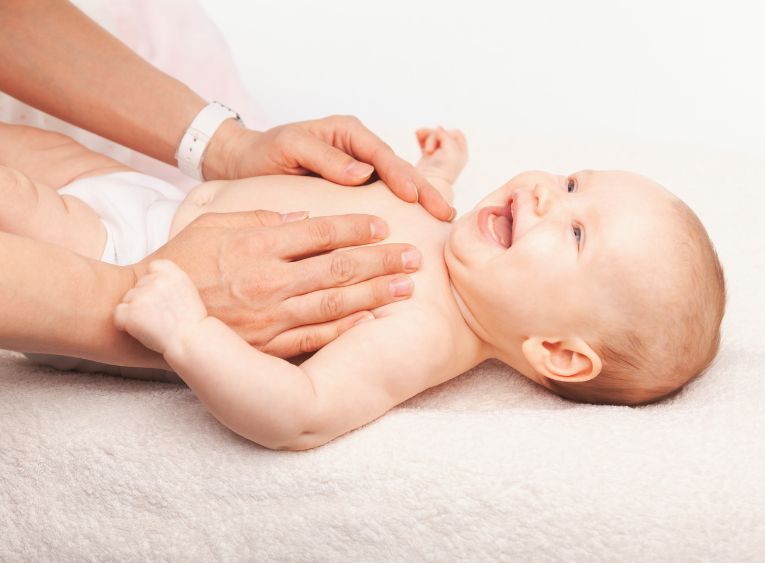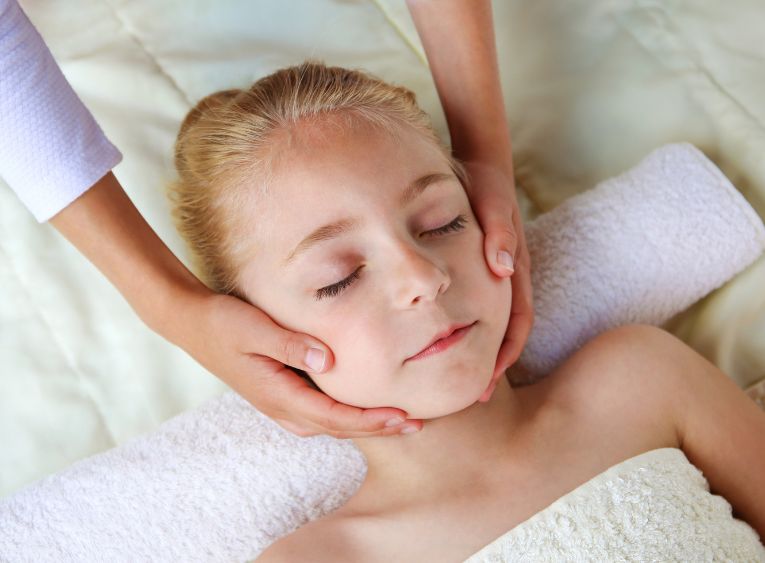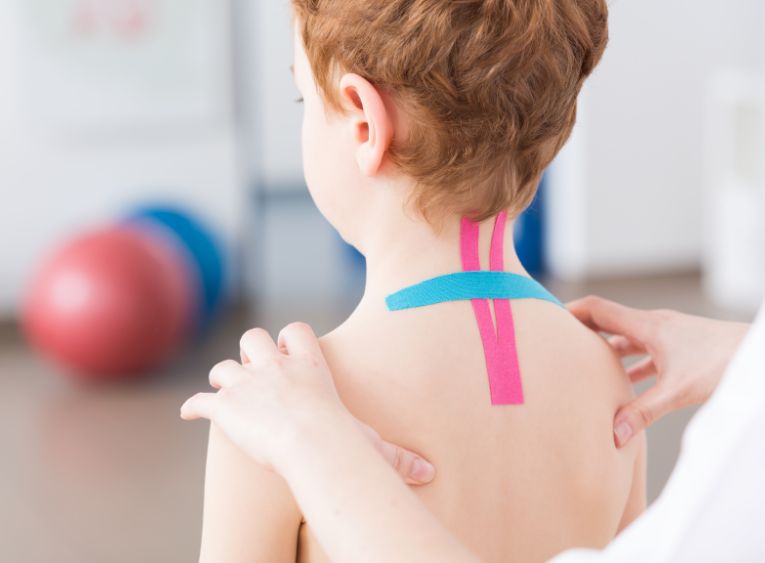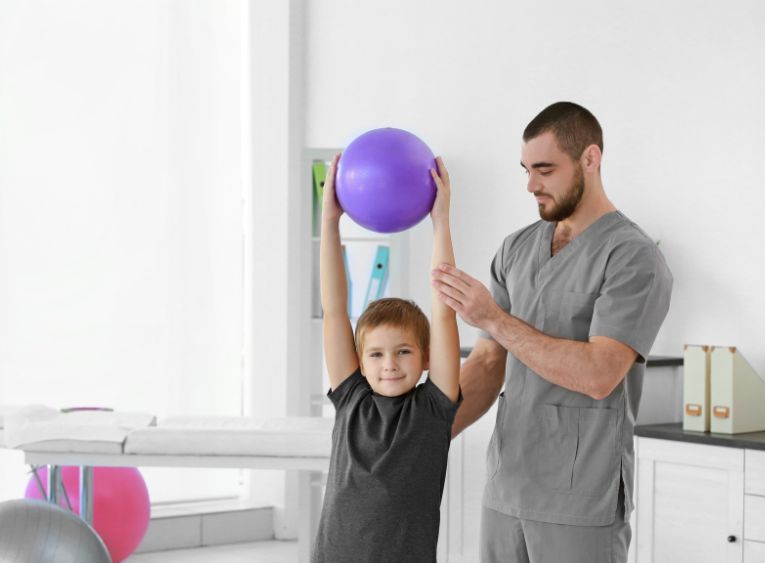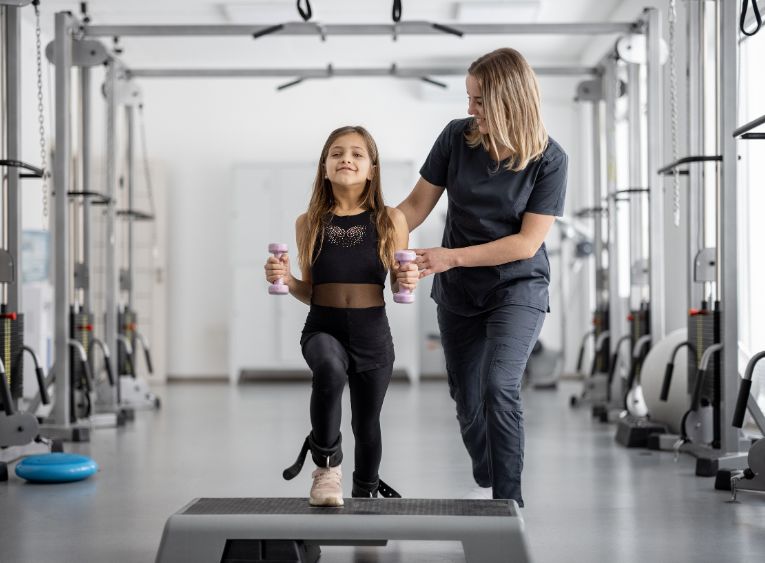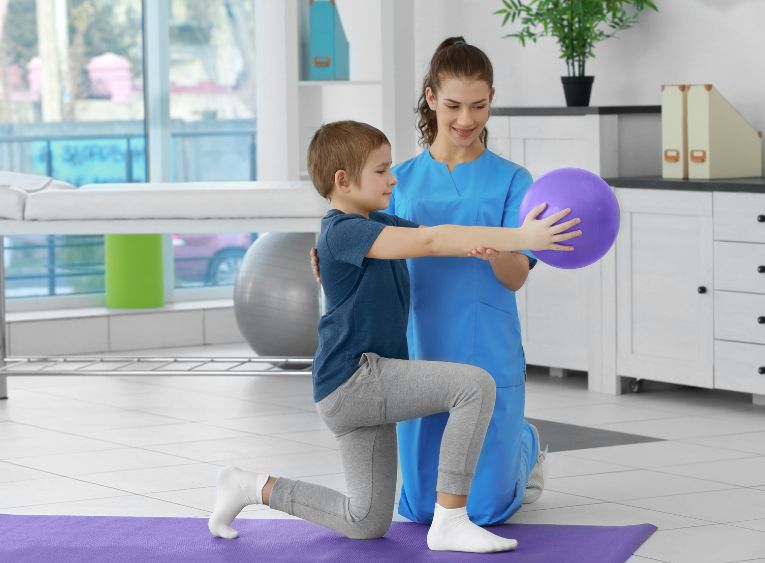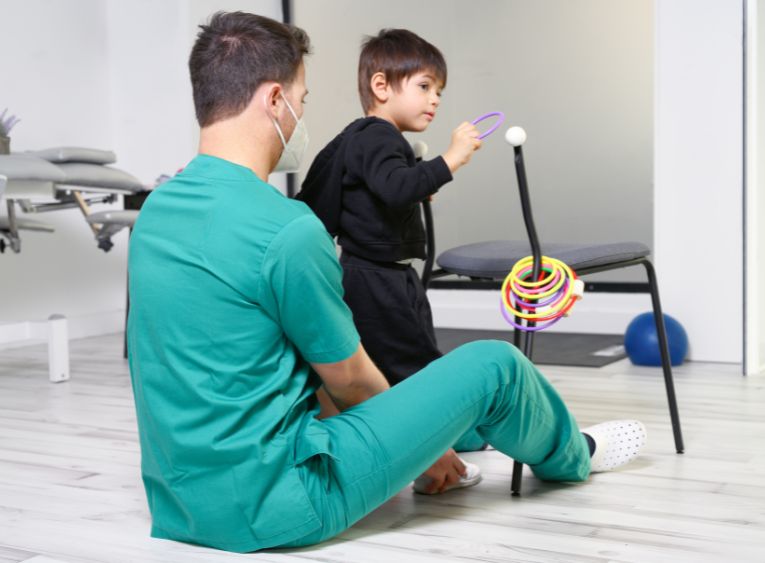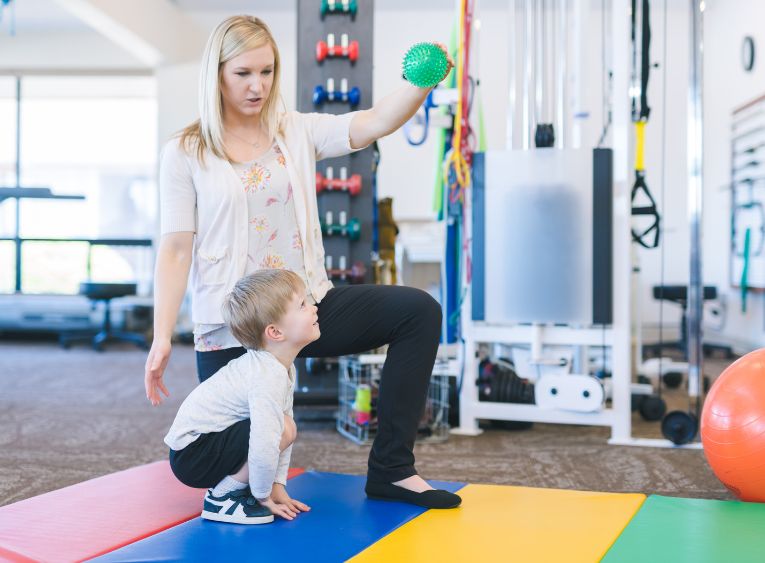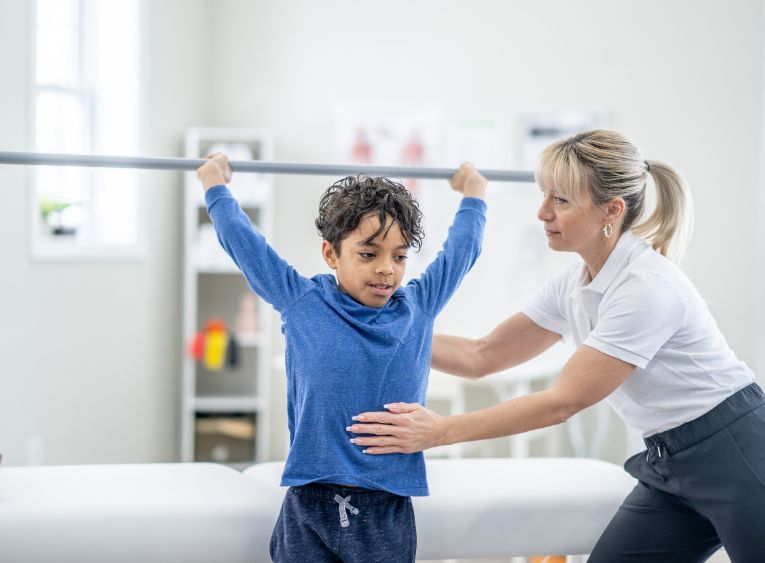Late Walking in Children
What is Late Walking?
Late walking occurs when a child hasn't reached the walking milestone by the expected age. This delay can impact the child's overall development and independence, making it an issue that needs to be addressed.
Causes of Late Walking in Children
Late walking may result from motor issues specifically affecting walking or broader developmental conditions. Some conditions that can lead to delayed walking include cerebral palsy, muscular dystrophy, and Down syndrome.
Schedule an appointment with one of our Pediatric Physiotherapists today to learn how we can help you.
Symptoms of Late Walking
The primary symptom of late walking is a noticeable delay in reaching walking milestones. The following timeline outlines the typical stages of walking development:
- 10 months: Standing with support
- 12 months: Standing independently and walking with assistance
- 15 months: Walking independently
- 18 months: Running
It’s important to note that this is a general guide—some children may walk later without any underlying condition.
How Physiotherapy Can Help
Physiotherapy for late walking focuses on exercises and activities designed to encourage walking. The treatment aims to strengthen the legs, improve balance, and boost the child’s confidence in standing and walking.
If physiotherapy does not yield the desired progress, our specialized pediatric physiotherapists can refer the child to an appropriate specialist for further evaluation.
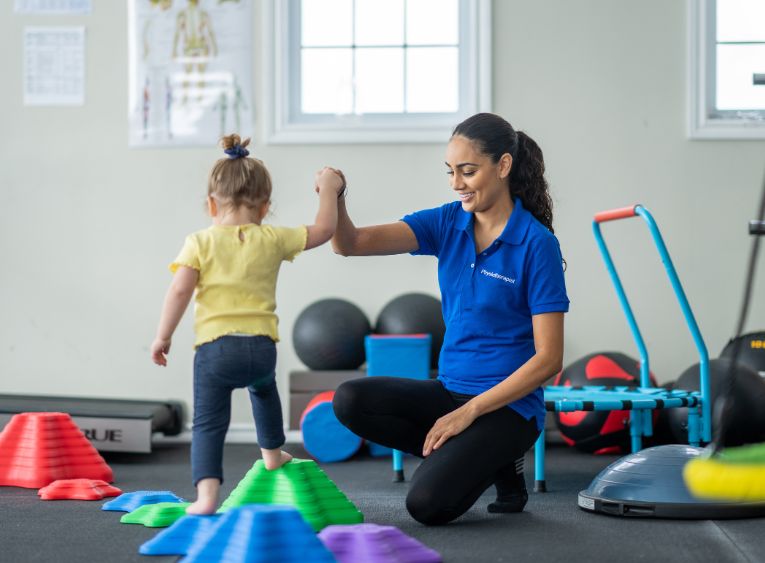
Request an appointment to support
your child’s functional skills and daily living abilities.
Our Pediatric Physiotherapy center in Abu Dhabi is dedicated to enhancing motor skills, sensory processing, and
overall independence, empowering children to engage more confidently and effectively in everyday activities!
Schedule a consultation with Perfect Balance Pediatric Physiotherapy today and
take the first step toward a more independent and fulfilling life for your child
Your Next Steps…
- Request an Appointment
- Receive A Custom Treatment Plan
- Work Hard and Progress In Your Recovery
- Recover & Enjoy Life Pain-Free!

